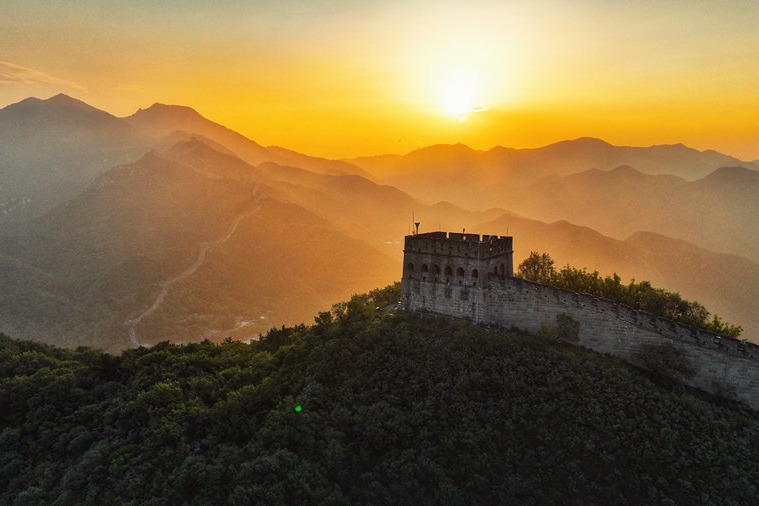Shared culture helps build bridges
中国日报网 2013-09-13 10:37

Cities in China's eastern coast have been the centers of commerce and economy in the past few decades, but now the Ningxia Hui autonomous region is emerging as a new driving force for development in the west through the revival of the ancient Silk Road trade route, local entrepreneurs say.
The landlocked autonomous region borders Shaanxi and Gansu provinces, placing it far from the coast, but at the same time, its location enables the region to act as a bridge between Central Asia and the Chinese hinterlands.
"Ningxia was a vital overland route linking ancient China to the whole Islamic world during the Tang Dynasty (AD 618-907), and today, it is still an important part of the nation's 'going west strategy'," said Ma Xuezhong, chairman of the Dubai-based A&A Investments Holdings Group, which specializes in assets control and financial services.
Last year, trade volume between China and Arab countries totaled $200 billion, eight times higher than a decade ago, and it mainly involved such sectors as energy, project contracting and personnel training.
"They rely heavily on China's machinery, telecom equipment, iron and steel, clothing, furniture and service industry, and that's what Ningxia could offer," he said.
Home to more than 2 million Muslims, who account for 35 percent of the region's total population, Ningxia has much in common with Arab countries in culture, food and religion.
"It is easy to do business here because of similar local customs and spiritual bonds," said Ma. "Also, Ningxia has its own advantages in terms of energy, agriculture, manufacturing and tourism, which make it a potential investment destination for Arab countries."
To boost trade relations and cultural communication between China and Arab countries, he said, the company plans to build the Sino International Health City, a multifunctional recreational center providing such services as medical treatment, recuperation and education.
It will be located in Yongning county in Yinchuan, capital of Ningxia.
"The project will account for 50 percent of Ningxia's GDP by 2020, and is sure to meet the surging demand of the China-Arab market," Ma said.
With an investment of $3.5 billion, it is the largest deal made by the provincial government at last year's China-Arab States Economic and Trade Forum, renamed the China-Arab States Expo.
Questions:
1. What area in China is emerging as a new driving force for development in the west?
2. How is it being developed?
3. What was the trade volume between China and Arab countries last year?
Answers:
1. Ningxia Hui autonomous region.
2. The revival of the ancient Silk Road trade route.
3. $200 billion.
(中国日报网英语点津 Helen 编辑)

About the broadcaster:
Nelly Min is an editor at China Daily with more than 10 years of experience as a newspaper editor and photographer. She has worked at major newspapers in the U.S., including the Los Angeles Times and the Detroit Free Press. She is also fluent in Korean.

















 英语点津微信
英语点津微信 双语小程序
双语小程序